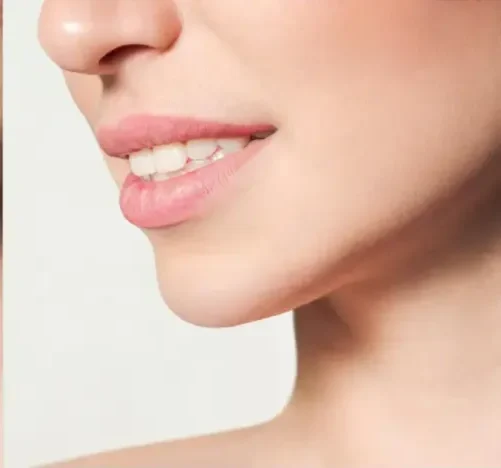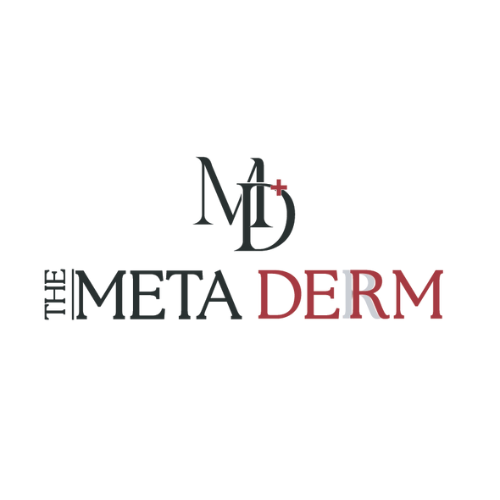ACNE SKIN CARE GUIDE
In most cases, diet, good cleansing habits, and simple skin care can effectively treat pimples. This guide will help you navigate through the ever-changing trends of skin care for acne-prone skin and take the step toward clearer, cleaner, acne-free skin.

Key Highlights:
- Remove makeup properly: Double cleanse.
- Prioritize sleep.
- Practice safe shaving and waxing: Be gentle with your skin to avoid irritation.
- Steer clear of salon-based facial treatments, bleach, and other harsh chemicals.
- Wash your face regularly.
- Change pillowcases weekly: Use satin pillowcases to reduce friction and wash them twice a week.
- Regularly clean your mobile phone and phone case to prevent bacterial buildup.
- Keep your scalp clean.
- Avoid oiling your scalp.
- Focus on happiness, calmness, and reduced stress to promote healthy skin.
- Refrain from picking at acne and touching your face to prevent further irritation.
- Trust your doctor, not Google.
- Be patient and consistent.
ACNE SKIN CARE At A GLANCE
- Best Results: Weeks to months
- Treatment Duration: 2 mins at home
- Result Longevity: Variable
- Back to Daily Activities: Immediately
- Recovery Time: 0 days
- Anesthesia: NA
- Performed By: Dermatologist
- Cost: ₹ (Consultation required)
Our results speak for themselves






Dermatologist-recommended customized skin care, healthy skin hygiene, and an anti-acne diet: Together, these three steps can resolve up to 80% of acne cases.
Frequently Asked Questions
The most accurate way to assess your skin is to let a professional help you. Our clinical dermatologists can guide you with acne skin care products, a skincare routine for acne, and procedures.
Avoid DIY treatments. Trying home remedies or copying others' methods can:
- Worsen acne
- Leave lasting scars and marks
- Make treatment more challenging
For safe and effective results, consult a dermatologist for personalized, professional guidance.
Large, superficial inflammatory cysts may resolve on their own within 1-3 weeks. However, if inflammation is severe, scarring can occur. Deep cysts typically require treatment or extraction for resolution.
We highly recommend against trying to pop a cyst at home. Treating severe acne and deep pimples can be difficult, and early intervention by a dermatologist is key to minimizing the risk of permanent scarring. Cystic acne scar treatment can be complex and challenging.
Cystic acne is often a result of hormonal fluctuations or adult jawline acne, especially around the mouth. It is commonly seen in individuals with PCOS (Polycystic Ovary Syndrome).
Some Non-Negotiable Basic Tips From a Dermatologist To Treat Acne:
- Remove makeup properly: Double cleanse to ensure all makeup is removed.
- Prioritize sleep: Maintain a normal sleep rhythm, sleeping at 9 PM and getting 8 hours of sound sleep.
- Practice safe shaving and waxing: Be gentle with your skin to avoid irritation.
- Avoid harsh treatments: Steer clear of salon-based facial treatments, bleach, and other harsh chemicals.
- Wash your face regularly: Cleanse your face twice a day, maximum thrice, to maintain a healthy balance.
- Change pillowcases weekly: Use satin pillowcases to reduce friction and wash them twice a week.
- Keep your phone clean: Regularly clean your mobile phone and phone case to prevent bacterial buildup.
- Keep your scalp clean: Avoid oiling your scalp and wash your hair every alternate day.
- Manage stress: Focus on happiness, calmness, and reduced stress to promote healthy skin.
- Avoid picking and touching: Refrain from picking at acne and touching your face to prevent further irritation.
- Trust your doctor, not Google: Stay committed to your doctor's treatment plan and avoid self-diagnosis.
- Be patient and consistent: Follow your treatment plan carefully and be patient with your progress.

